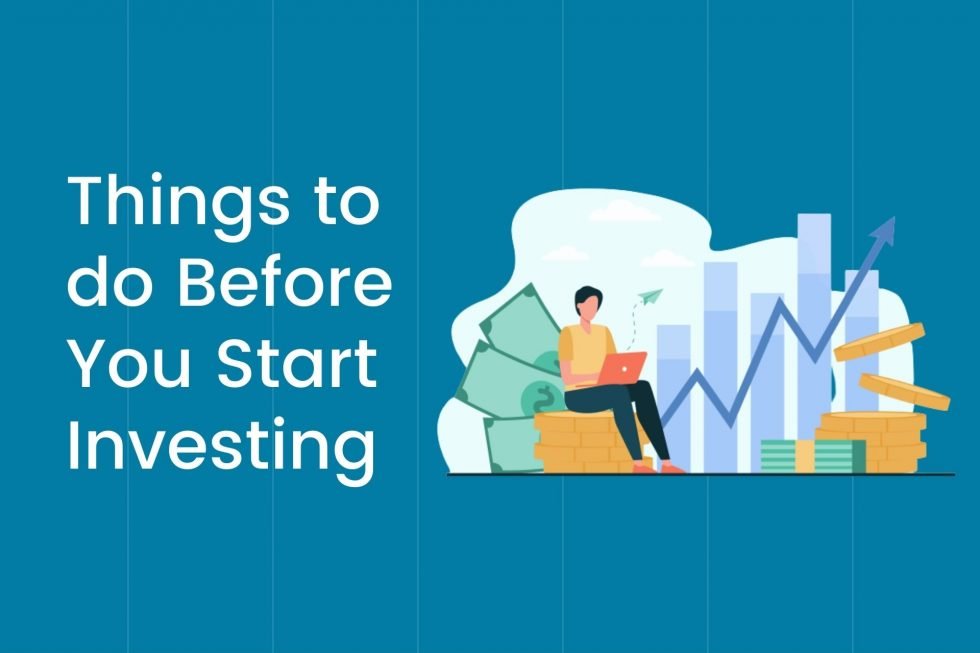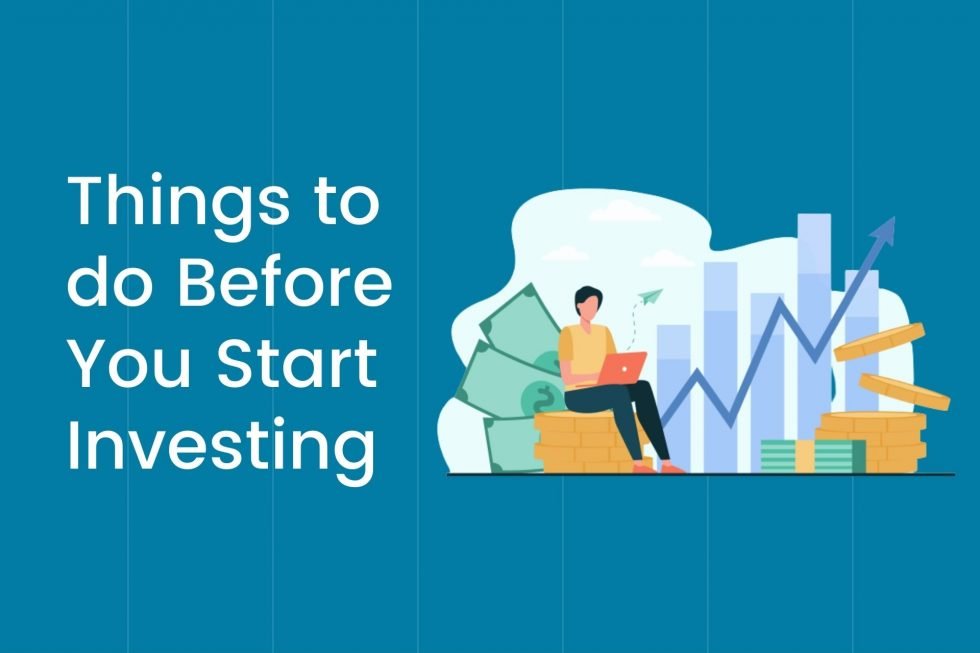- Investing is a crucial part of planning for your financial future. It can help you build wealth, achieve financial security and enjoy the rewards of a comfortable retirement. But before you start investing, there are some important facts you should know.

(1). Understand the risks and rewards of investing. Investing involves risk and there is no guarantee that you will make money. While investments can offer the potential for strong returns, they also come with the potential for losses. It’s important to understand the risks associated with different investments and how they may affect your portfolio’s performance.
(2). Understand your investment goals. Before you start investing, you should have a clear idea of what you want to achieve. Are you looking for a steady income stream or do you have a more aggressive goal in mind? Knowing your goals will help you make informed decisions when it comes to selecting investments that are right for you.
(3). Choose the right tool for the job. Whether you’re investing in stocks, bonds, mutual funds, ETFs, or other investment vehicles, it’s important to choose the right tool for the job. Understanding the differences between each type of investment and what features they offer can help you make the most of your investments.
(4). Diversify your portfolio. Diversification is key when it comes to investing. Investing in different types of investments can help you spread the risk across different asset classes and strategies. This can help reduce your overall risk while still allowing you to achieve your goals.
(5). Consider your tax situation. Not all investments are taxed the same, so it’s important to understand how your investments will be taxed and how that may affect your overall returns. Make sure you consult a financial professional to ensure you’re making the most of your investments.
(6). Use the right type of account. Different types of accounts offer different investment options and fees. Make sure you understand the differences between tax-deferred accounts, like IRAs and 401(k)s, and taxable accounts, like brokerage accounts.
(7). Monitor your investments. Once you’ve chosen your investments, it’s important to monitor them regularly. This can help you stay on top of market movements and make adjustments to your portfolio as needed. These are just a few of the things you should know before investing. Understanding the basics can help you make informed decisions and ensure you’re making the most of your investments.
(8). Research Different Investment Options. There are many different types of investments available, from stocks and bonds to mutual funds and exchange-traded funds (ETFs). Take the time to learn about each type of investment and determine which ones are right for you.
(9). Monitor Your Investments Regularly. Once you’ve made your investments, it’s important to stay up-to-date with the latest news and market trends. Monitor your investments regularly to ensure that your investments are still in line with your goals and risk tolerance.
(10). Don’t Put All Your Eggs in One Basket. Diversifying your investments is key to reducing risk. Don’t put all your money into one type of investment. Spread your investments across different types of assets and asset classes.

